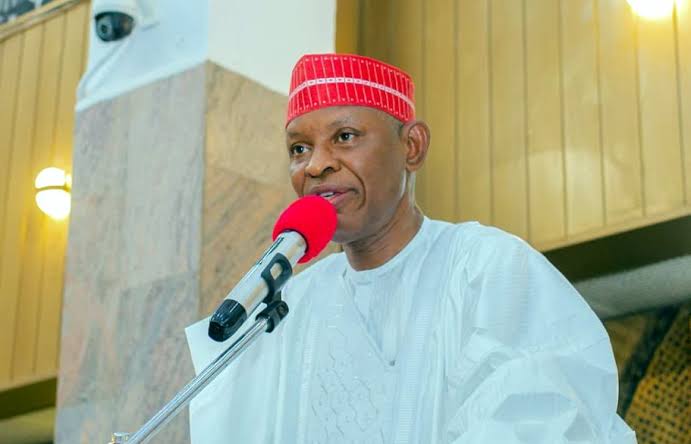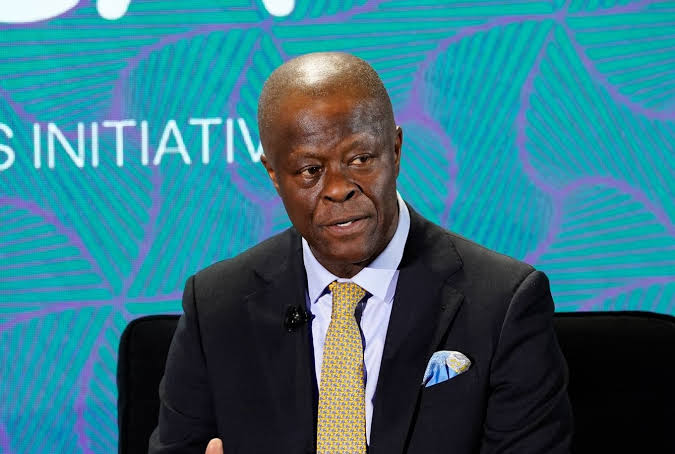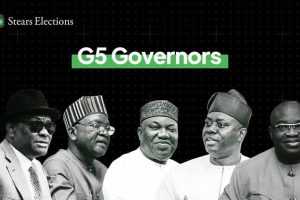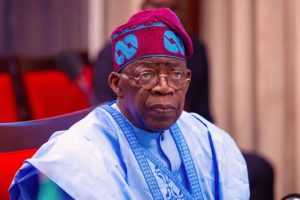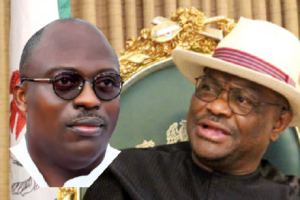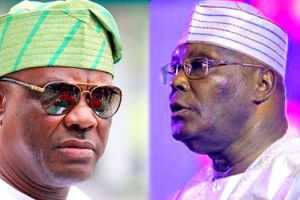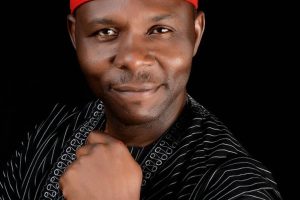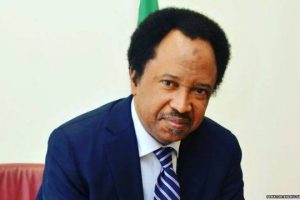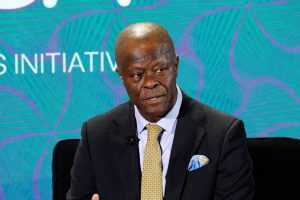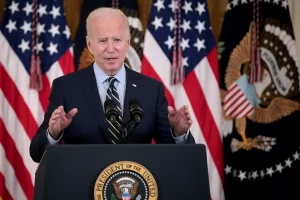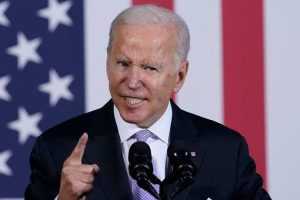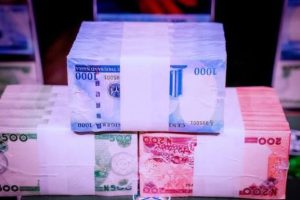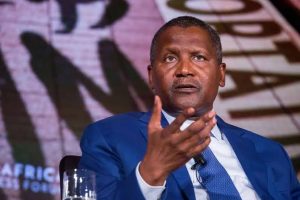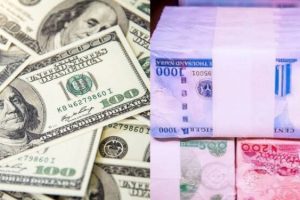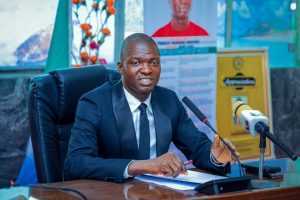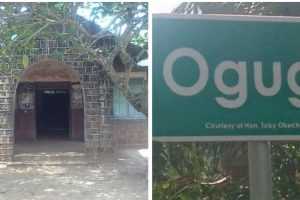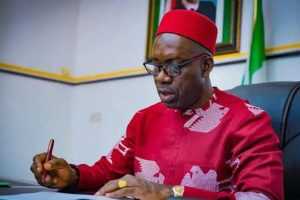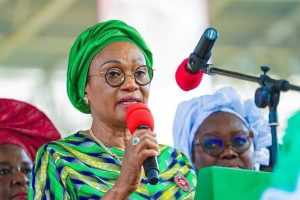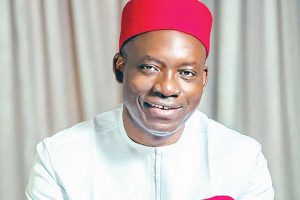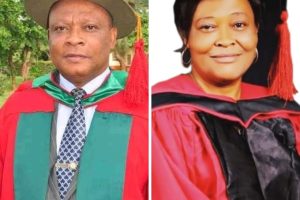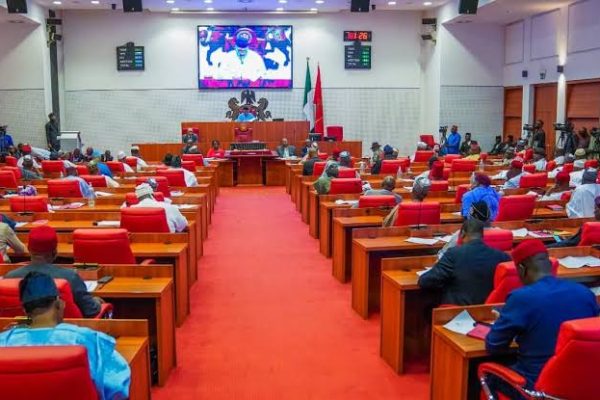
April 16, 2024
add comment
Four of the 13 former governors in the Senate and 21 other senators have not sponsored any...

April 16, 2024
add comment
Nigerian singer Temilade Openiyi, best known as Tems, thrilled her audience during her debut performance at Coachella...

April 16, 2024
add comment
EFCC To Arraign Cubana Chief Priest On Wednesday For Abuse Of Naira This is coming days after...
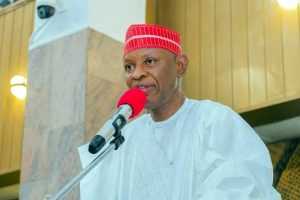
BREAKING: Kano Governor Abba Yusuf suspended
April 16, 2024
add comment

BREAKING: PDP Secretary Killed By Gunmen
April 16, 2024
add comment

April 15, 2024
add comment
Bayer Leverkusen players dance to Flavour’s hit song “Ashaw0” after winning their first Bundesliga title with five...

World cup: Super Eagles to play South Africa June 7
April 13, 2024
add comment
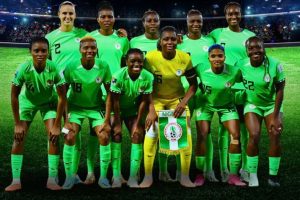
Falcons qualify for Olympics After 16 years jinx
April 10, 2024
add comment

April 16, 2024
add comment
The Moment South Africa President Cyril Ramaphosa Encouraged A Lady Looking For Job To Keep Searching Watch...
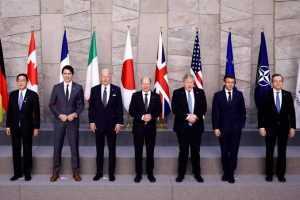
G7 Leaders Condemns Iran’s Attack On Isreal
April 14, 2024
add comment
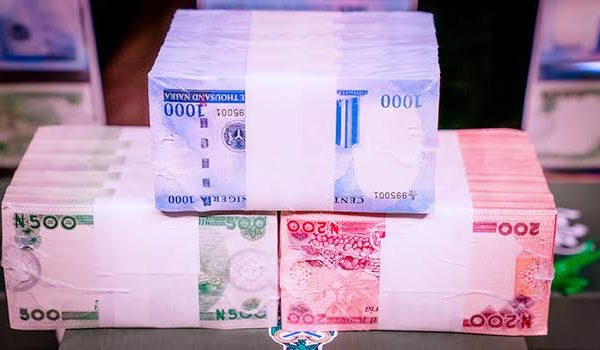
April 15, 2024
add comment
The local currency exchanged at below N1000 at some segments of the parallel market as of late...
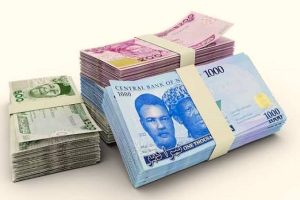
Naira makes significant gain against dollar
April 13, 2024
add comment

April 11, 2024
add comment
Eight Things To Know About Nollywood Actor, Junior Pope (1) Pope Obumneme Odonwodo populary known as Junior...

April 14, 2024
add comment
The National Drug Law Enforcement Agency has announced the discovery of a dangerous drug concoction named “Combine.”...

Jigawa confirms outbreak of meningitis in 6 LGs
March 4, 2024
add comment
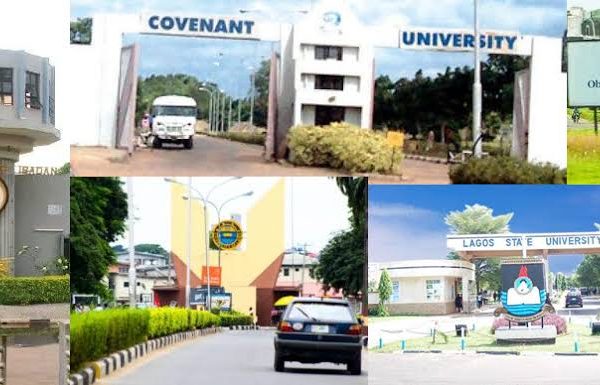
April 12, 2024
add comment
Top 15 most employable universities in Nigeria 1. University of Ibadan: 66.67%🟢 2. Babcock University: 64.81%🟤 3....



